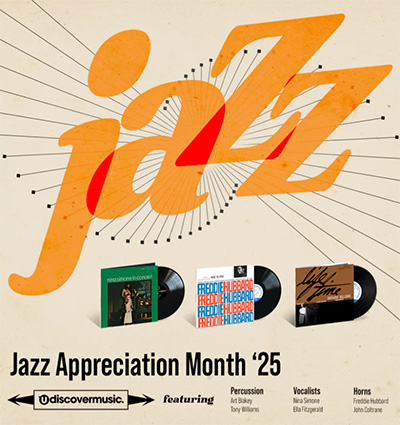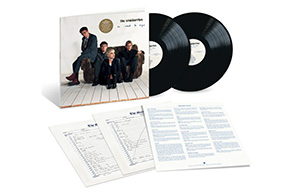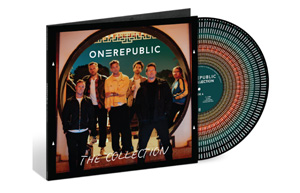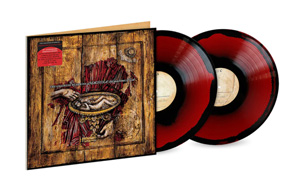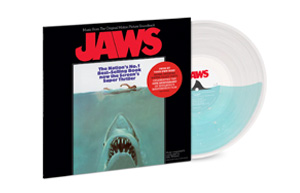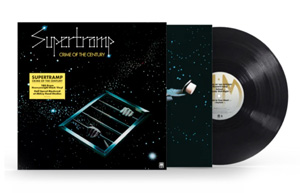‘Blue Mode’: Organist Reuben Wilson’s Tasty Soul Jazz Manifesto
Released during a transitional phase for Blue Note, the ‘Blue Mode’ album revealed Hammond disciple Reuben Wilson to be a soul-jazz master.
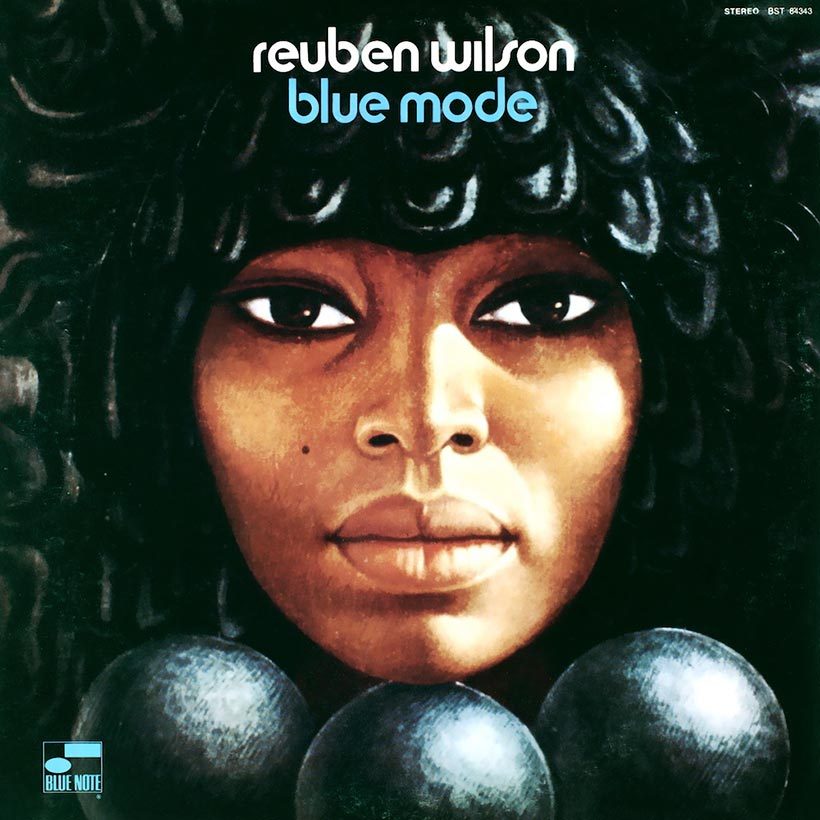
Released in 1970, Blue Mode was Reuben Wilson’s third album for Blue Note, following two previous offerings for the legendary jazz label founded in 1939: 1968’s On Broadway and the following year’s Love Bug. He joined the company during a transitional phase when it was readjusting to life after its original co-founder, German-Jewish émigré Alfred Lion, had retired and sold the label to Liberty Records. Wilson was one of several new signings to Blue Note (along with fellow-organist Lonnie Smith) that showed the company moving away from hard bop towards a funkier and more soulful destination.
Listen to Blue Mode on Apple Music and Spotify.
Originally from Mounds, a small town in Oklahoma, Wilson (who was born on April 9, 1935, and, at the time of writing, is 84) moved to Pasadena, California, when he was five, and started playing piano four years later. As a teenager he was sidetracked somewhat by an interest in boxing but, in 1962, he began playing organ and started gigging in and around Los Angeles. Though less flamboyant in style than the pioneering Blue Note musician Jimmy Smith, who helped to establish the Hammond organ as a credible jazz instrument, Wilson was a graduate of the soul jazz school and a complete natural when it came to serving up tasty, finger-clicking grooves.
From a simmer to boiling point
Blue Mode was recorded on Friday, December 12, 1969, and engineered by Rudy Van Gelder in his world-famous recording studio located at 445 Sylvan Avenue, Englewood Cliffs, New Jersey (the venue for the majority of Blue Note recording sessions in the 60s). Wilson, who also played basslines using the pedals of his Hammond B3 organ, was accompanied by saxophonist John Manning, guitarist Melvin Sparks, and Detroit drummer Tommy Derrick (who had previously appeared on the On Broadway album).
Blue Mode’s opener, the Melvin Sparks-written “Bambu,” is a driving slice of soul jazz featuring a theme distinguished by jabbing, Morse-code-like rhythms. Manning takes the first solo, followed by Sparks – the Texas musician really impresses with his twanging guitar lines – and then Wilson, whose solo starts off as a soft simmer before reaching boiling point.
There follows a faithful cover of Eddie Floyd’s big Stax soul hit from 1966, “Knock On Wood,” on which Wilson plays the tune’s main melody, counterpointed by short answering phrases from Manning’s saxophone.
Exploratory tenor sax
“Bus Ride” is a Wilson tune that brings the tempo down a few notches to a laidback, undulating groove, while “Orange Peel,” another original by the organist, is arguably Blue Mode’s standout cut. Powered by Wilson’s fat organ bassline, it’s more urgent than “Bus Ride” and features a long, exploratory tenor sax solo by John Manning.
Up next is a soul jazz reconfiguration of Edwin Starr’s 1969 hook-laden Motown hit “Twenty-Five Miles,” which is rendered as a solid but fluid groove on which Wilson and Manning joust in a combative middle section. But it’s Melvin Spark’s twitchy fretboard solo that really catches the ear on this toe-tapping number.
Blue Mode’s Wilson-penned title song closes the album. A mellow piece steeped in the blues lexicon, it’s distinguished by a tight, in-the-pocket groove. There are strong solos by Wilson, Sparks, and Manning, while drummer Derrick keeps the track moving with a busy but unobtrusive backbeat.
Something uniquely different
Blue Mode was released in 1970, boasting an eye-catching cover drawn by noted German counterculture artist Mati Klarwein, who was then living in New York and whose paintings appeared on two other famous albums that year, Bitches Brew (Miles Davis) and Abraxas (Santana).
But it’s the music that really captures the imagination. Blue Mode finds Reuben Wilson demonstrating that, as a Hammond organ maestro in a jazz context, he offered something uniquely different from the likes of Jimmy Smith and Jimmy McGriff.
Wilson made two more albums for Blue Note before journeying to a succession of different labels. Later, in the 90s, he was championed by the UK’s influential acid jazz scene, which helped to stimulate new interest in his music and led to the very first CD reissue of Blue Mode, in 1997.
Now, this highly-regarded soul jazz manifesto is back on vinyl again thanks to Blue Note’s Blue Grooves reissue series, curated by label president Don Was and Cem Kurosman. The album hasn’t aged a bit.





